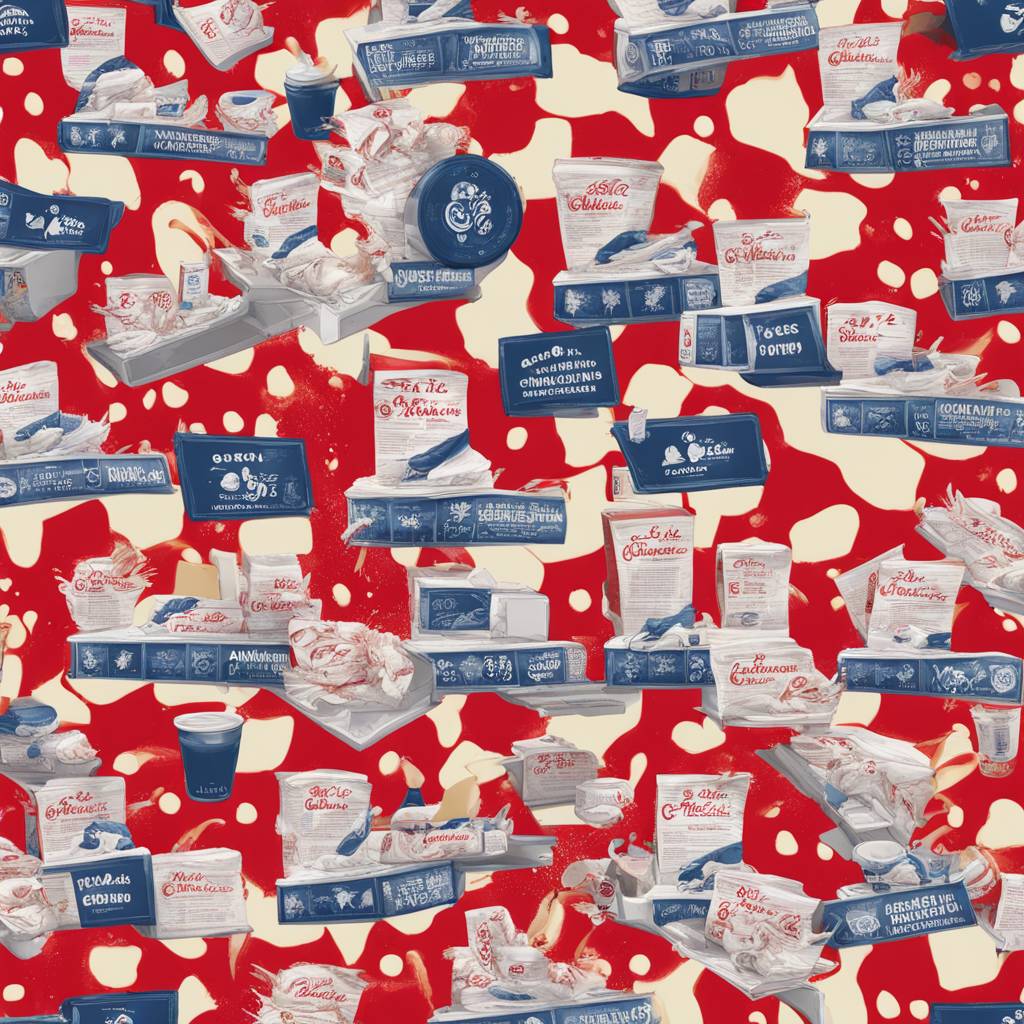Chick-fil-A has decided to abandon its “no antibiotics ever” promise due to a diminishing chicken supply. Instead, the company will now adhere to a looser industry standard of using “no antibiotics important to human medicine.” This change comes after Tyson, America’s largest poultry company, ended its pledge to keep antibiotics out of its chicken last year. Both Chick-fil-A and Tyson will ensure that the chicken they produce is not fed antibiotics important to human medicine, which is a recognized standard by the USDA and the World Health Organization.
Other meat processors, such as Pilgrim’s Pride, admit to using some antibiotics, while Perdue still claims not to use any. Antibiotic use in food production has been under scrutiny as human bacterial infections have become more resistant to treatment due to increased exposure to these drugs. Diseases in chicken coops can be difficult to control, as seen during the avian flu outbreak a few years ago. While some diseases in chickens can be treated with antibiotics, others are not treatable with them.
In addition to the health of the chickens, antibiotics are also important for promoting poultry growth, especially for larger broiler chickens. Despite the change in antibiotic policy, Chick-fil-A remains committed to serving only white breast meat with no added hormones, artificial preservatives, or fillers. The company plans to transition to sourcing chicken fed with antibiotics in the spring. Approximately half of US poultry farmers utilize some form of antibiotics to maintain the health of their chickens.
The World Health Organization has warned about the use of antibiotics in animal production, stating that there are adverse consequences on human health due to resistant organisms from non-human usage of antimicrobials. WHO developed risk assessments in 2007 to prevent important antibiotics for humans from being used in animal production. The organization emphasizes the need to strike a balance between animal health needs and human health considerations, with human health being deemed more important.
It is essential to recognize the impact of antibiotic use in food production and the potential risks associated with it. Chick-fil-A’s decision to transition to sourcing chicken fed with antibiotics reflects the challenges faced by poultry farmers in maintaining the health of their flocks. Moving forward, it will be important for companies in the food industry to prioritize human health considerations and mitigate the risks associated with antibiotic use in animal production. The balance between animal health and human health must be carefully considered to ensure the safety and well-being of consumers.













